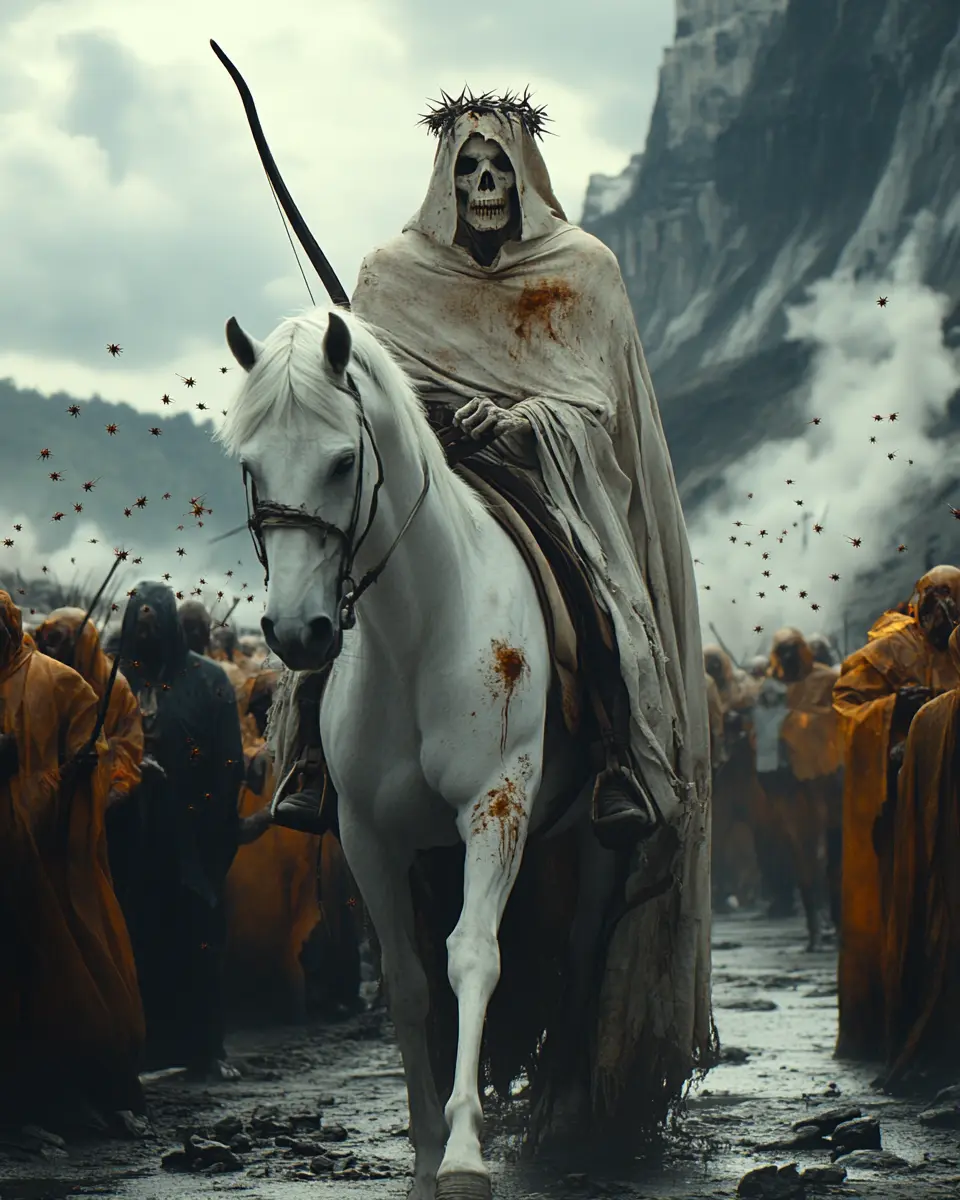The Human vs AI Debate: A Battle or A Partnership?
The debate over Human vs AI has been a topic of discussion for years. The concept of artificial intelligence and its implications for humanity have been explored in various forms of literature and film since the mid-1900s. As technology advances, this debate is now more relevant than ever.
Two Sides of The Coin
On one side, there are those who perceive AI as a powerful tool that can help humans automate mundane tasks, freeing up time to focus on creative endeavors or more important matters. For example, in the healthcare sector, AI algorithms like those in [IBM's Watson](https://www.ibm.com/watson/health) help in diagnosing diseases, thereby augmenting the abilities of medical professionals.
Contrarily, some view AI as a potential threat to human civilization. Concerns range from job displacement due to automation, as suggested by reports like those by [McKinsey Global Institute](https://www.mckinsey.com/featured-insights/future-of-work), to an eventual AI takeover resulting from runaway development or programming errors.
Is it Really a Zero-Sum Game?
Is it really a zero-sum game where human agents must fight against AI agents?
The truth is, in many cases, humans and AI can actually work together harmoniously. This collaboration has been demonstrated by various initiatives, including projects such as [Google DeepMind’s AlphaGo](https://deepmind.com/research/case-studies/alphago-the-story-so-far) and [OpenAI’s GPT-3](https://chat.openai.com/).
These projects show how machines can be trained to perform tasks traditionally performed by humans with remarkable accuracy. Machines are now capable of recognizing faces (like [Face++](https://www.faceplusplus.com/)), understanding speech (like [Amazon's Alexa](https://www.amazon.com/alexa-ai/)), and even responding to natural language queries with accurate information (like [Google's Duplex](https://ai.googleblog.com/2018/05/duplex-ai-system-for-natural-conversation.html)).
Human versus AI: Differences in Capabilities
However, AI does fall short in certain aspects when compared to humans. For instance, while machines can process data quickly and make decisions based on predetermined criteria, they lack the intuition necessary for more complex decision-making. Moreover, AI often has trouble understanding social and emotional cues, making it challenging to accurately interpret human behavior.
Striving to Keep Up with AI's Rapid Development
In the long run, humans must strive to keep up with AI’s rapid development. Machine learning advances at a rate far surpassing our own evolution. As a society, we must be willing to take risks to stay ahead of the curve in developing new technologies. This way, we can continue making strides in areas where machines currently fall short and remain competitive in our rapidly changing world.
A Partnership Rather Than a Battle
Ultimately, the debate between human and AI can be viewed not as a battle, but as an ongoing quest. Both entities seek solutions to similar problems using different strategies and tactics. While humans have the advantage of creative and flexible thinking, AI has the capability to process large amounts of data quickly and accurately.
As both technologies continue to evolve, it's essential to realize that this isn't a competition. In many ways, we are stronger together than apart. By thoughtfully combining our strengths, we can create solutions that benefit all of humanity. Consider the example of [Centaur Chess](https://medium.com/geekculture/centaurs-are-often-more-powerful-than-computers-549f827130d9), where AI and human intelligence are combined for a stronger chess game than either could accomplish alone.
The Continuing Battle and Our Responsibilities
At the end of the day, the debate between human and AI is like an ongoing quest involving two sides of the same coin—both aiming to solve the same problems but using different strategies and tactics. Ultimately, the responsibility falls on us to stay ahead by keeping up with technological advancements and utilizing them responsibly so that everyone can benefit.
Collaborating with AI for Greater Effectiveness
So, whether you’re an enthusiast of AI or lean towards traditional methods of problem-solving, it's crucial to remember that both approaches have their place in the world and can be used together to great effect. By learning how to integrate modern technology into our everyday lives, we can create a better future, not just for ourselves, but also for those around us.
In projects like [IBM's Project Debater](https://www.ibm.com/watson/ai-debater/), we can see this integration of human and AI capabilities leading to new insights and potentially more productive conversations.
Ensuring a Healthy Debate for the Future
In this way, we can ensure that the debate between humans and AI remains healthy—regardless of which side you take on the issue! With the rapid advancements in AI, it will be fascinating to see where this discussion leads in the coming years. Will humans eventually become obsolete? Or will AI assist us in improving our lives? The answers to these questions remain in the future. But one thing is for sure—the journey to find out will be an exciting one.
See All AI Tools















